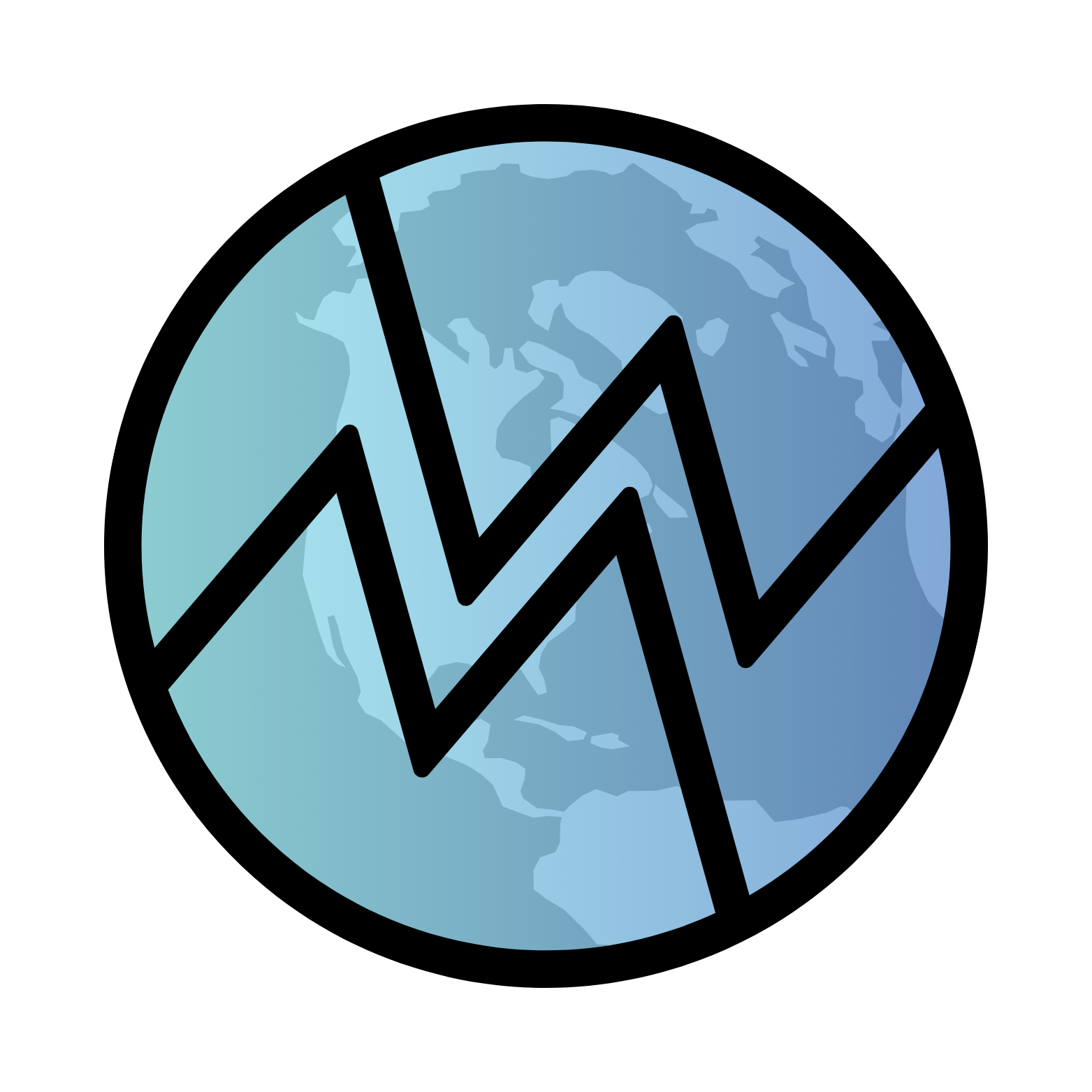Republic of Tunisia
Capital: Tunis
Population: 11,887,4121
Currency: Tunisian dinar (TND)
Tunisia is a North African country bordered by Algeria, Libya, and the Mediterranean Sea, with a diverse landscape that includes coastal plains, mountains, and parts of the Sahara Desert. It is known for its ancient history, Roman ruins, Mediterranean beaches, and as the birthplace of the Arab Spring in 2011. The capital and largest city is Tunis, which serves as the political, economic, and cultural center. Tunisia has a diversified upper-middle-income economy, based on agriculture, mining (especially phosphates), manufacturing, and tourism, with ongoing efforts to strengthen democracy and economic stability. It is a unitary semi-presidential republic and a member of the United Nations (UN), African Union (AU), Arab League, Organisation of Islamic Cooperation (OIC), Union for the Mediterranean, and the Common Market for Eastern and Southern Africa (COMESA).
Growth Rate
0.653
%
Fertility Rate
1.832
children born/woman
Crude Death Rate
6.071
per 1,000 people
Life Expectancy
76.5
years
Total Population in Tunisia
This graph illustrates the total population of a country over time, while also depicting the sex ratio, which indicates the number of males per 100 females in the population.
Population Density
Population Growth Rate (%)
The population growth rate shows how fast a population is increasing or decreasing annually, influenced by birth rates, death rates, and migration in
